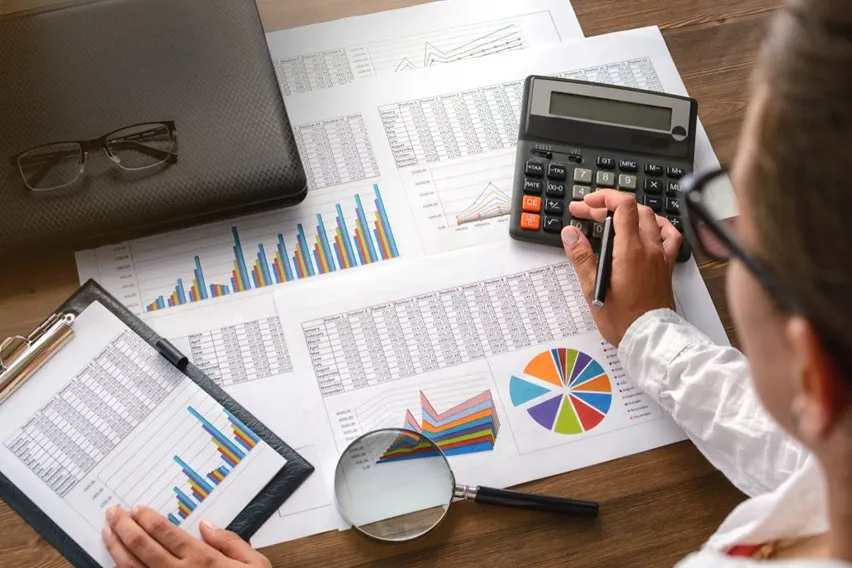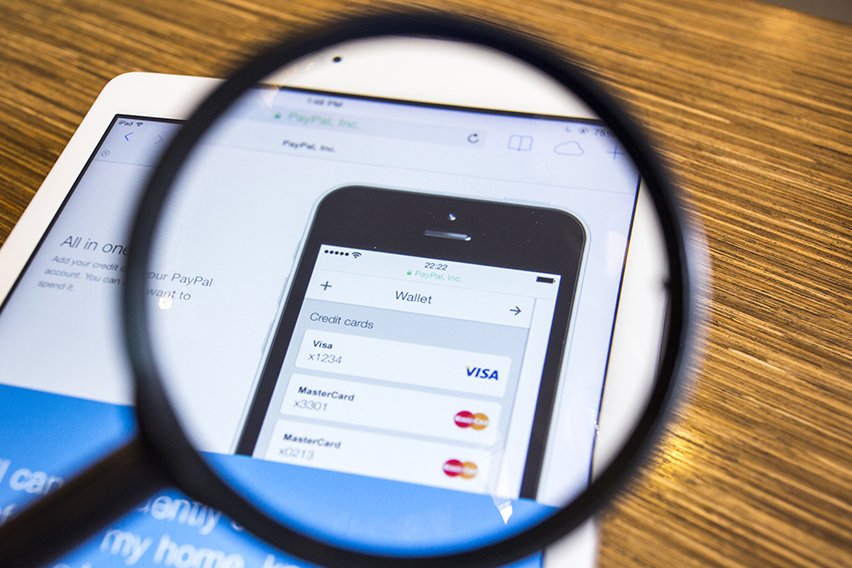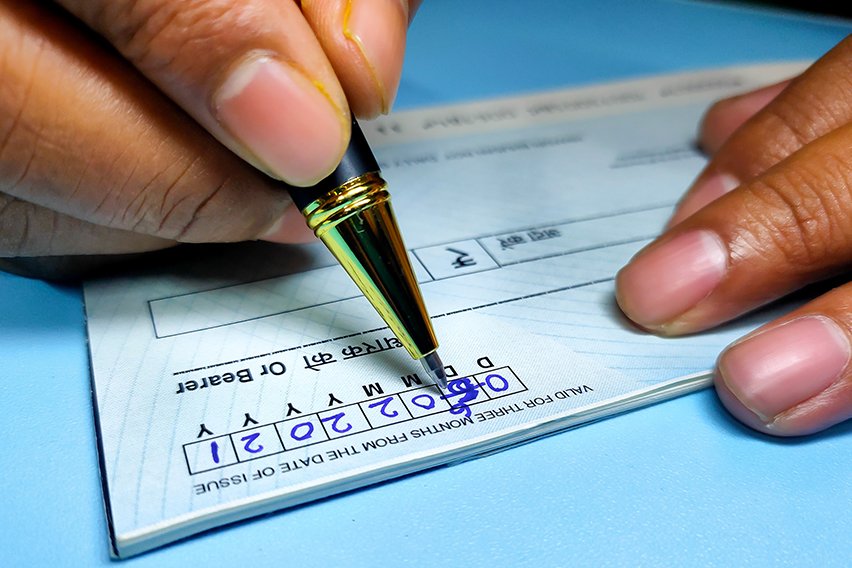What Is a Credit Balance?

A credit balance in accounting can mean a couple of different things depending on the context.
There’s the good old-fashioned balance sheet meaning. There’s the credit card statement meaning. And there’s the investment meaning. Various financial services use the term in different ways.
Since we love to give complete advice on all three of these topics, we’re going to break down all three in an easily digestible way. You’ll know which definition will match the context you’re searching for. Let’s dive in.
Here’s What We’ll Cover:
What Is a Credit Balance on Your Balance Sheet?
What Is a Credit Balance on Your Credit Card?
What Is a Credit Balance in Investing?
What Is a Credit Balance on Your Balance Sheet?
Let’s start with the most common use of the term “credit balance”. When reviewing your business balance sheet you have two columns. An asset column and a liabilities column.
Typically your liabilities column is where you’ll see the credit balances. Those are the balances that are outgoing for your business.

Examples of eligible credit balances include:
- Wages payable
- Income taxes payable
- Interest payable
- Accounts payable (the amount you owe other vendors for your business activities during that accounting period)
- Equity accounts
- Expense accounts (these could be employee business accounts. They could also be business expenses, such as fees from accepting payment online.)
Contrast that with a debit balance. A debit balance means money coming into the business. If any of your liability accounts have a current balance in “debit”, it means you’ve overpaid for something. Money is owed back to you. It’s best to trace back those improper payments to see what went wrong with your bookkeeping.
What Is a Credit Balance on Your Credit Card?
Onto credit cards. It’s possible to have a credit balance on your credit card statement – which may be a little confusing. After all, the whole point of a credit card is debiting, right? You almost always have a debit balance on a credit card. It’s encouraged.
If you have a credit balance on your statement, it means that the credit card issuer owes you money. You’re hen entitled to a credit balance refund. Yep, a dream come true, right?
Not quite. Excess payment rarely works in your favour. While it’s very flattering to have a positive balance and gloat that the credit card company owes you money, it can negatively affect your credit score. The credit bureaus want to see you actively and responsibly using credit. That means you should maintain a slight debit balance on your credit card and meet the monthly payment to show that you’re actively using it. You can settle your credit card payment via direct deposit to make sure you are on top of things. That’s a better strategy if you are worried that you’ll miss the minimum payment. If you pay the credit card company too much, you’re not using the credit card as intended.
Add to that the fact your excess funds are much better stored in your savings or investment accounts. A high credit card balance all of a sudden seems less glamorous.

What Is a Credit Balance in Investing?
Finally investing. This is the most complex of the three so bear with us.
Say you invest with a brokerage and you want to invest in a short sale. A short sale is like a bet. It’s when the seller doesn’t own the stock but thinks the value will decline in the near future.
To do this kind of trade, you as the investor need to borrow stock on a margin. After a specified time, you sell the stock for a specified price or when the time runs out.
Who do you borrow from? The broker. Therefore you’ll have a credit balance in your brokerage margin account. Meaning that you owe them.
Key Takeaways
A credit balance in every context generally means the same thing – money coming out of your bank account. Credits are minuses. Debits are pluses.
For more accounting definitions, head to our resource hub.
RELATED ARTICLES

 5 Best Online Payment Methods In 2024
5 Best Online Payment Methods In 2024 What Is a Stale-Dated Cheque?
What Is a Stale-Dated Cheque? Employment Overtime Pay: Everything You Need to Know
Employment Overtime Pay: Everything You Need to Know ACH Transfer: What Is It and How Does It Work?
ACH Transfer: What Is It and How Does It Work? How to Pay Using Pre-Authorized Debit? A Beginner’s Guide
How to Pay Using Pre-Authorized Debit? A Beginner’s Guide What Is Retroactive Pay?
What Is Retroactive Pay?